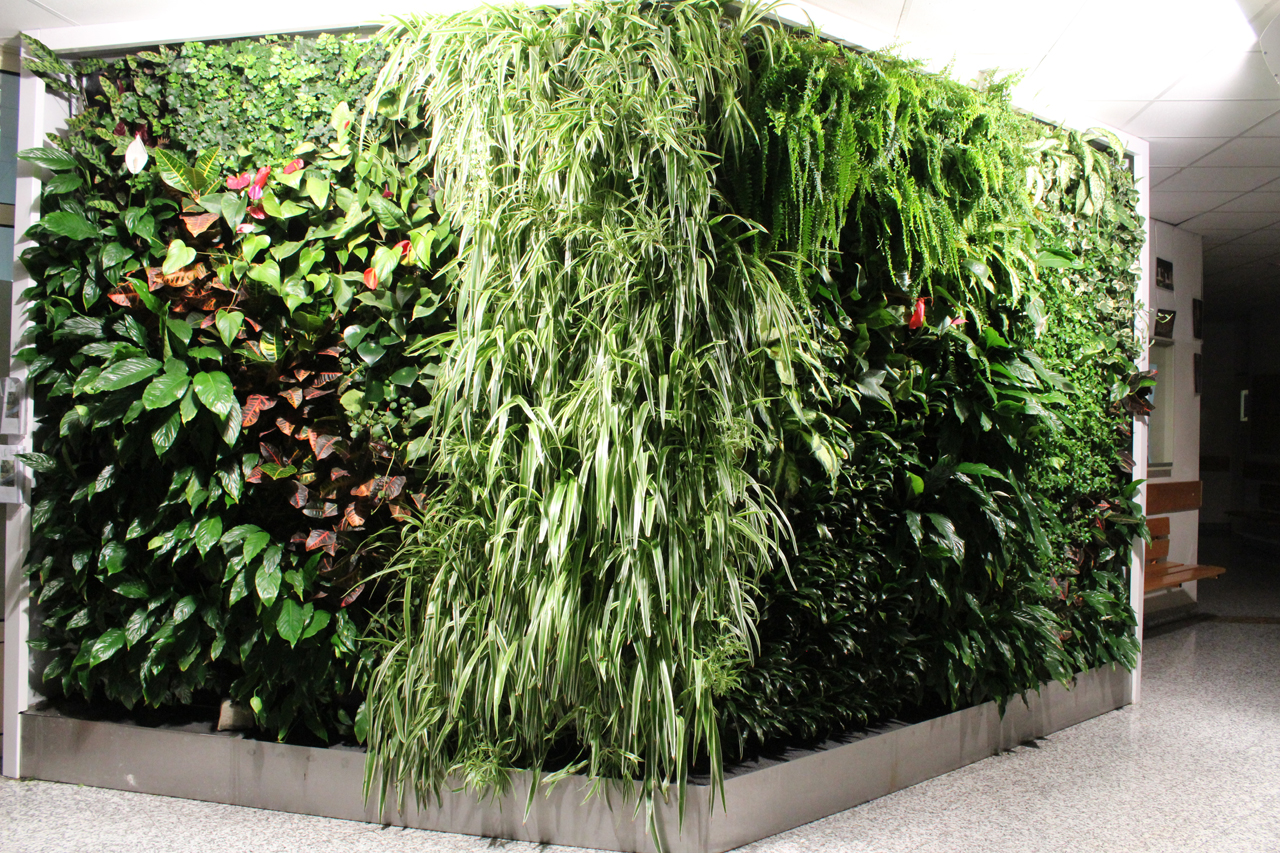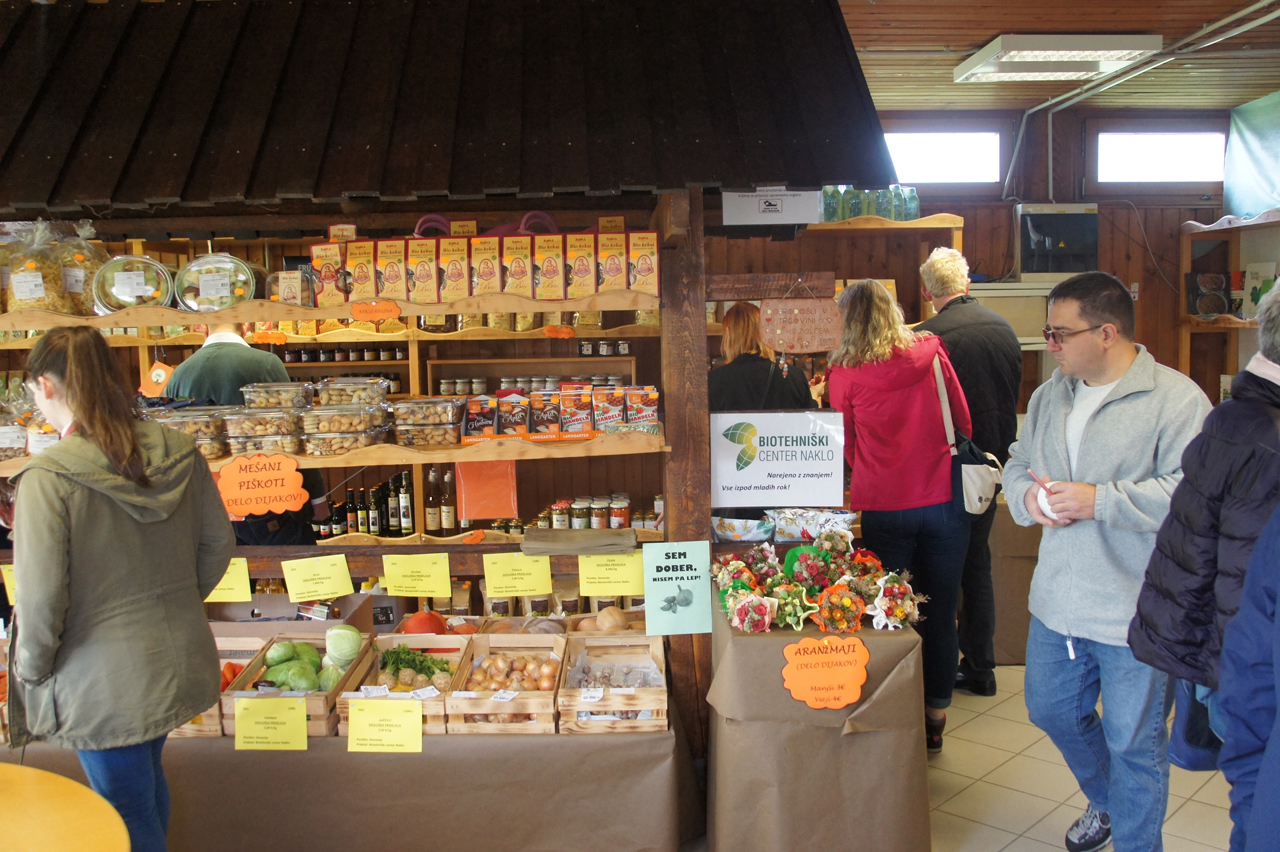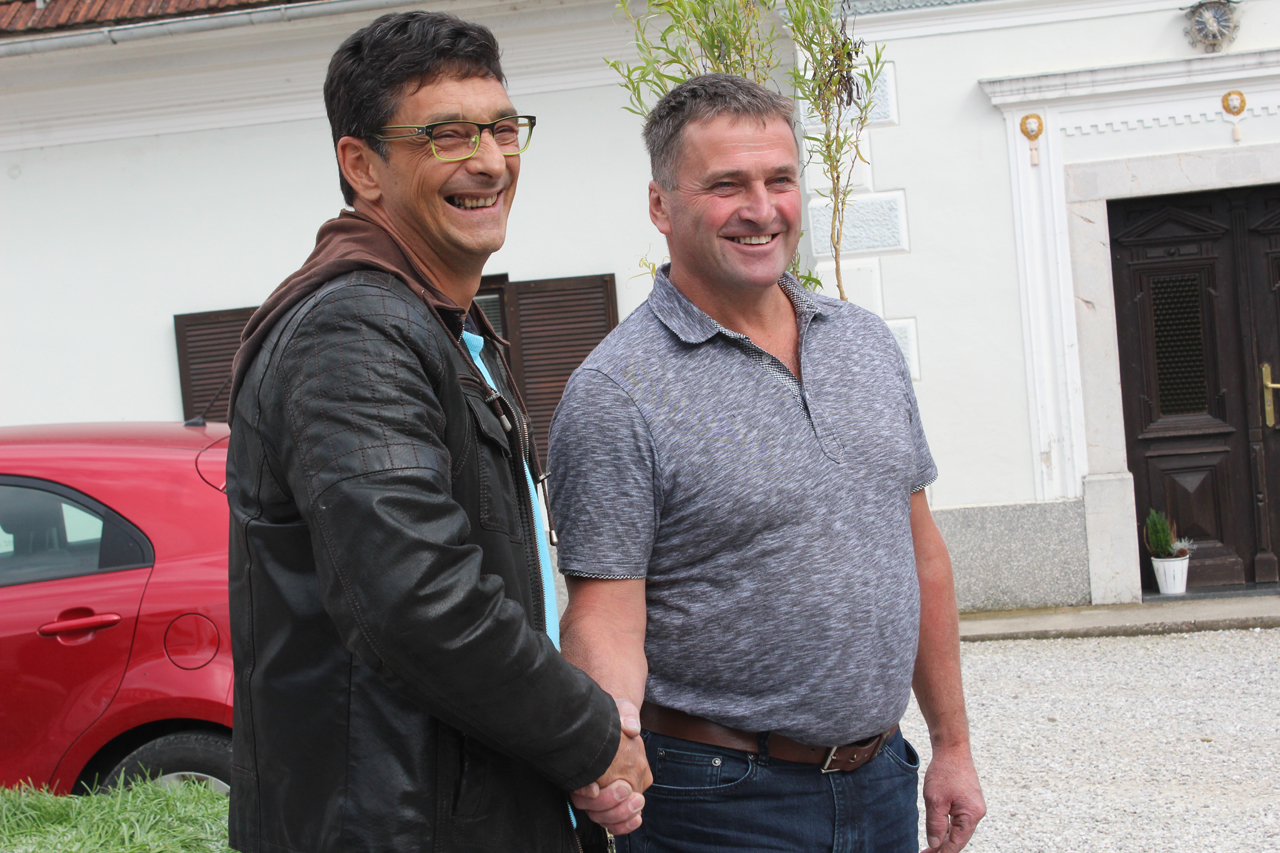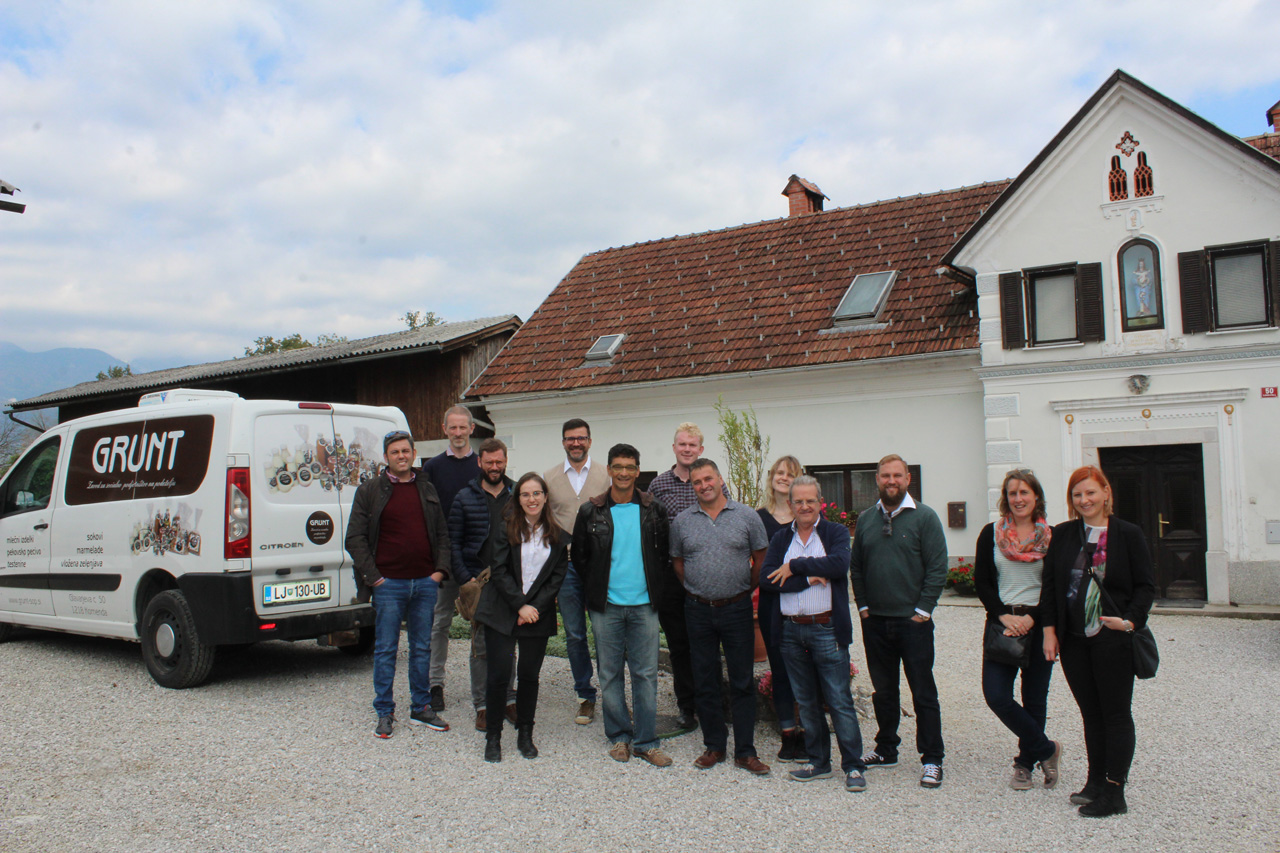Third COFARM project Meeting
September 28 & 29, 2017
The third meeting of the CO-FARM partners was held in Naklo, Slovenia on 28 th and 29 th
September. Biotehniški Centre Naklo hosted the meeting at their campus. The focus on the
first day was on evaluating a range of potential case studies from each country and selecting
the ones that are best suited for the module based on their learning potential and regional
representativeness. Hearing about the diversity and extent of cooperation in each Member
State was a real highlight for the partners and it was very interesting to learn about the
similarities and differences in the way collaboration manifests itself across the EU.
The second day began with reviewing the management of the project on the whole and a
tour of the campus. Our Slovenian partners showed us the internal green wall in their
campus that was built as part of the Vertical Plant Life Erasmus+ project to develop a
training course on vertical greening systems. We also visited the campus shop that sells a
variety of local produce, along with an external vending machine for selling local milk and
cheeses which can be accessed at any time.
A real highlight of the second day was the visit to Zadrgal Farm in the village of Komenda
where we met Matija Zadrgal and Peter Svetina. They told us about their partnership in
setting up Grunt, a social entreprise that employs five people with disabilities at Zadrgal
Farm. Employees are trained and work alongside two co-workers who act as mentors, and
another who has years of experience and expertise in employing and training people with
disabilities. As well as farm work in the fields and in the outbuildings, employees are also
involved in processing food. Dairy products are the main focus, with a sizeable yoghurt
production, while pasta, biscuits and preserves are also made at the farm. The products are
sold both on site and at markets, as well as through public procurement. It was very inspiring
to hear about the way Grunt has created a viable and profitable way of creating good and
reliable jobs for people who might otherwise find it difficult to get employment, and the
effect this has had on the viability of the farm itself and the lives of the people working
there.



